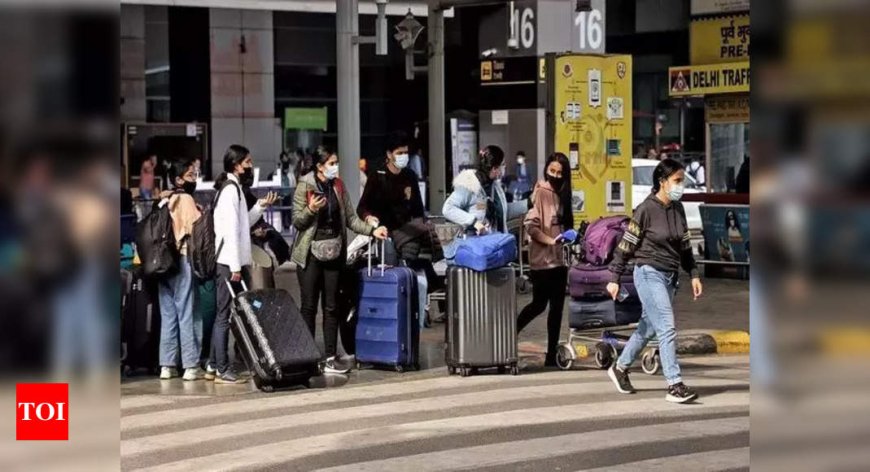Deporting irregular Indian immigrants from the US will have blowback
Deporting irregular Indian immigrants from the US will have blowback

Deporting Irregular Indian Immigrants from the US Will Have Blowback
News by dharmyuddh.com
Introduction
The ongoing debate surrounding the deportation of irregular Indian immigrants in the United States has raised significant concerns among various stakeholders. This issue involves not only the lives of those affected but also has wider implications for US-India relations, economic stability, and social integration. Understanding the potential blowback from such actions is crucial as policymakers and citizens alike navigate this complex terrain.
Understanding the Context
As the US grapples with immigration reform, the expulsions of undocumented immigrants from various countries, including India, have become more pronounced. Many Indians who have overstayed their visas or entered the country illegally face significant legal repercussions. While government authorities believe that deporting these individuals will deter future illegal entry, several experts argue that this strategy may lead to unintended consequences.
Potential Consequences of Deportations
Deporting Indian immigrants can create a ripple effect in several sectors:
- Family Separation: Many irregular immigrants have established families and communities in the US. Deportation could result in children being separated from their parents, leading to emotional and psychological distress.
- Economic Impact: Indian immigrants contribute significantly to the US economy, particularly in the tech and healthcare sectors. Their absence could lead to labor shortages and negatively influence businesses relying on this workforce.
- Social Tensions: Mass deportations might ignite social unrest and xenophobic sentiments amongst communities, which could destabilize social harmony.
Addressing Diplomatic Relations
The deportation of Indian immigrants could strain diplomatic ties between the US and India. The Indian government may feel compelled to respond to the welfare of its citizens, which could lead to diplomatic friction, affecting trade relations and collaboration in key areas such as technology and defense.
Looking for Alternatives
Instead of deportation, authorities could consider pathways for regularization, allowing immigrants to fully integrate into society. Providing opportunities for legal status can help maintain community stability, foster economic contributions, and strengthen ties between nations.
Conclusion
While the intention behind deporting irregular Indian immigrants may stem from a desire to enforce immigration laws, the potential blowback is significant. Policymakers must weigh the long-term effects on families, the economy, and international relations. A more compassionate approach that seeks to integrate individuals into society may yield better outcomes. For more updates, visit dharmyuddh.com. Keywords: deporting irregular Indian immigrants, US immigration policy, blowback of deportations, Indian immigrants in US, impact of deportation on families, economic contribution of Indian immigrants, US-India diplomatic relations, immigration reform strategies, social implications of deportation, opportunities for immigrant regularization.







